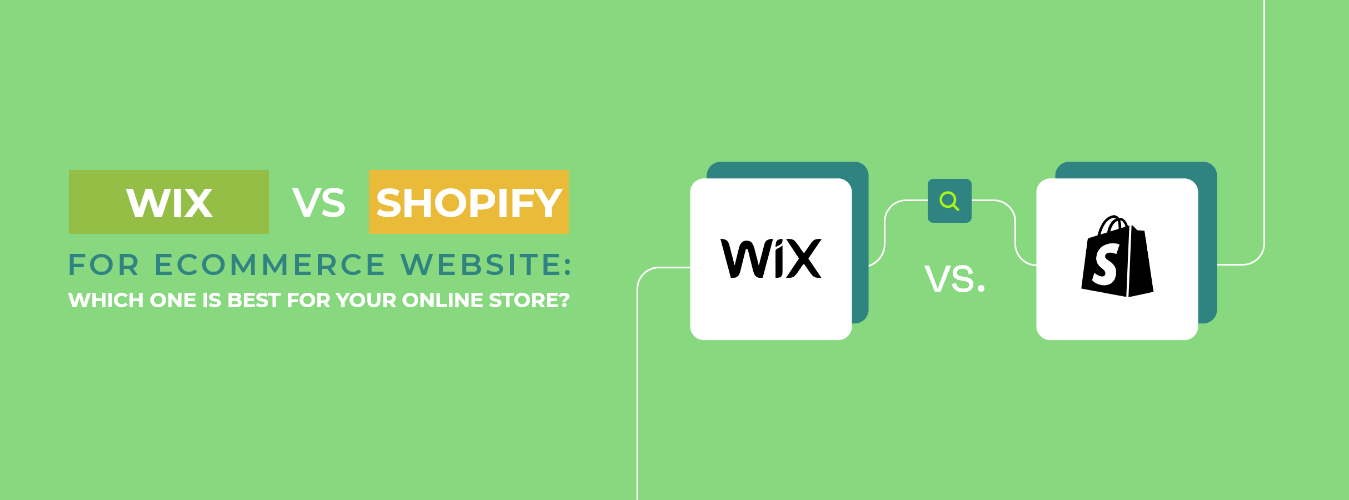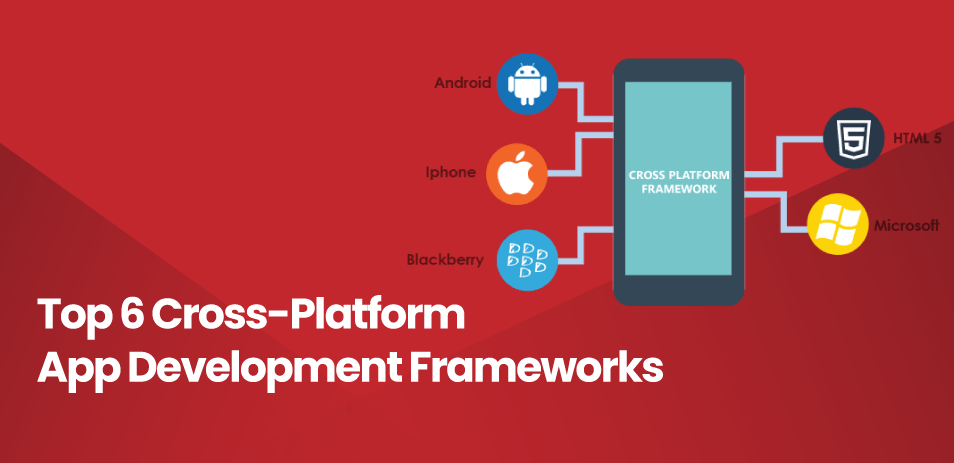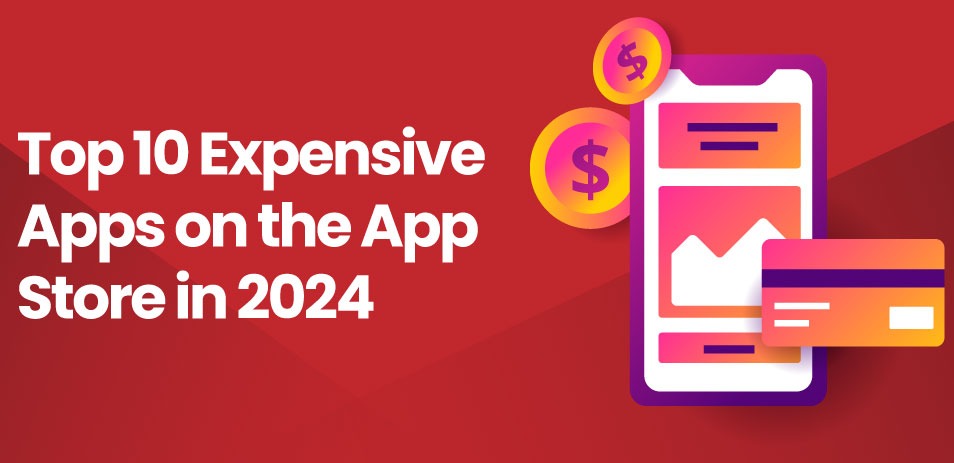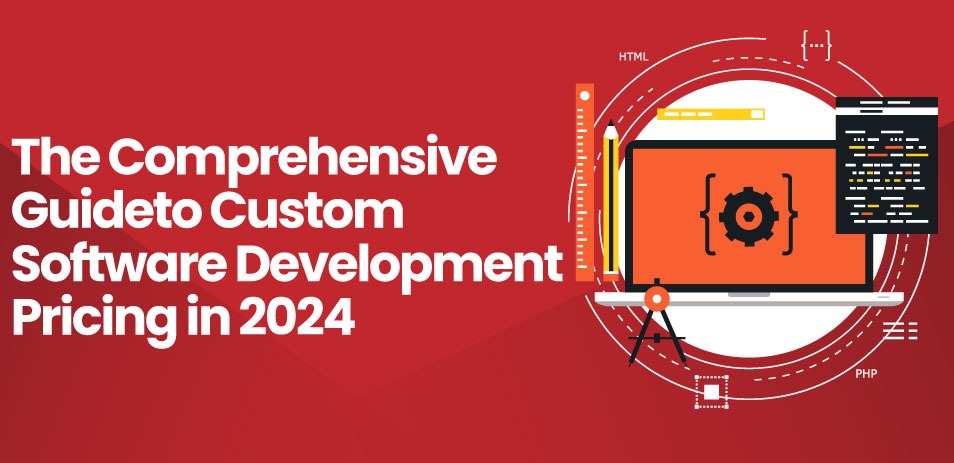According to UNCTAD, the digital retail economy will enjoy a significant increase by 2020, from 16 percent to 19 percent, depending on retail sales. As it has become commonplace for consumers to turn to online shopping, it is important for the seller to enter the e-commerce market to ensure that their website builder fits well. This can make a difference when it comes to providing consumers with a problem-free shopping experience. Here at AppVerticals Ecommerce Website Development Services, we have done all the hard work for you! We have made an in-depth look at two of the most popular website builders, Wix vs Shopify for Ecommerce Websites, to give you a complete understanding of which to choose.
What are Wix and Shopify
First, here is a quick overview of the two website builders.
Israeli software company Wix offers cloud-based web applications development company that allow you to create a professional-level website for all your e-commerce needs. You do not need any coding experience, and setting up a Wix website is walking in the park.
Shopify is a Canadian e-commerce company that manages your online store, allowing you to set up seamlessly available online stores. There are a variety of e-commerce website themes to choose from that allow you to focus on your online customer information while Shopify takes care of the nitty-gritty.
>> anonymous messaging apps >>
Wix vs Shopify for Ecommerce Website – Quick Comparison
Initially, Wix relied on heavy content websites. For example, it was a popular decision for independent artists to showcase their work and book gigs. It was also used to create landing pages or booklet sites. Content has been masterful of classic Wix offerings.
Shopify, as the name suggests, came up with one idea: to help electronics retailers set up a virtual store with great speed. Although Shopify’s features overlap with Wix, there is no denying that the first one aims to meet the specific e-commerce needs of merchants.
The Shopify vs Wix Ecommerce Website debate is always on the rise. Today, both of these website builders have evolved to give their customers the opportunity to create a content-based website, an online storefront, or a combination of both.
Wix vs Shopify – Advantages and disadvantages
- Wix has an easier-to-understand user interface than Shopify’s. That means the Wix website and in front of the store can be up and running in a weird way.
- Shopify’s e-commerce features are top-notch, thus making it one of the most powerful alternatives to Wix.
- When it comes to marketing tools, Shopify has a lot of options and Wix edges in this department.
- If you are a small business owner or freelancer, Wix is the place to go to create your website. Shopify makes great sense for businesses that want to grow violently.
- In terms of budget, Wix has clearly won with a free program (with ads); and a host of monthly paid plans to choose from. Shopify does not have a free plan and can get monthly pricing as you look to expand.
- All Shopify programs come with guest reviews, important e-sales data points, and e-commerce capabilities. Although Wix does not provide this information to customers using free apps with Combo.
Wix vs Shopify – Easy to use
For many early e-commerce marketers, the simplicity and clarity of the website builder UI are important markers.
“What you see is what you get” has always been Wix’s mantra. The newly co-hosted Wix Artificial Design Intelligence (ADI) editor. All you need to do is answer a few specific questions, and Wix ADI builds a site for you before your coffee is cold. Two other editors – standard and Editor X – offer drag and drop options that allow you to customize your site based on the Wix template. Really easy as it sounds!
Shopify, with its backend interface, requires more patience than just a few clicks. It has a ton of powerful tools but customizing the front of your store is a learning curve. Shopify has a drag and drop editor but is very limited compared to the Wix version. Shopify editor is inaccurate and can be frustrating at first, as you switch between backend and frontend.
All in all, if you look at the ease of use in the Wix vs Shopify for Ecommerce Website battle, this last one has the upper hand in this round.
Wix vs Shopify Ecommerce Website – Design
Since Wix started as a highly focused website builder, it currently offers its users more than 800 creative templates. It comes with a simple design UI, and you can really stand out from the visual market.
Shopify has a few free ten templates for users to choose from. There are about 100 paid themes available, but you will need to spend at least $ 150 and up to unlock a theme that makes you unique.
Wix pulls ahead of Shopify when you compare design capabilities.
Wix vs. Shopify – Prices
Wix offers first-time users a free program (with ads). Alternatively, the price starts at $ 14 (Combo) affordable and goes up to $ 49 (VIP). In all, there are 8 programs to choose from. Of these, three programs (billed annually) are for users who want to receive online payments:
- Business Base: $ 23 per month
- Unlimited Business: $ 27 per month
- Business VIP: $ 49 per month
Shopify, on the other hand, has a free trial period of only 14 days, after which you will need to opt-out of your email marketing requirements:
- Basic Shopify: $ 29 per month
- Shopify: $79 per month
- Advanced Shopify: $ 299 per month
Shopify has tried to attract individual business owners through Shopify Lite, a $ 9-a-month plan that allows you to accept credit card payments on your website or blog. On the other side of that spectrum, Shopify Plus, which starts at $ 2,000 a month, is intended for most businesses and retailers.
Payment Note
If you are dealing with the Shopify vs Wix for Ecommerce Website conundrum about monthly expenses, you need to check your online retail business. If you are an individual retailer focusing on small startups, then Wix is your best bet. However, if you can be an online retailer with expansion plans, then Shopify is the way to go. It all comes down to scale, both current and future, for your e-commerce business.
Wix vs Shopify for Ecommerce Website – Edit Features
There are a few common features found in all Wix marketing programs:
- Free custom domain for one year, after which you have to pay to keep the domain running,
- Single and repetitive secure online payments,
- Anytime between 20 GB to 50 GB of storage, depending on the system you choose,
- Recovery of an abandoned cart,
- Unlimited products and marketing ability on social media,
- Maintain payment and delivery details for regular customers,
- Unlimited bandwidth and Wix zero ads on your website.
Additional features for Wix Business Unlimited and Business VIP users include market sales, Modalyst dropshipping, KudoBuzz product reviews, subscription sales, and 100 to 500 automated sales. Leading VIP user also receives detailed data reports, a Smile.io loyalty program, and, most important, customer support.
Common features of all Shopify programs are:
- E-commerce website and blog, as well as marketing ability in social media and virtual markets,
- 24/7 support,
- Handmade order creation, free SSL certificate, discarded cart acquisition,
- Gift cards and discount codes,
- Fraud analysis for all Shopify payments, Shopify POS Lite access to accept payments for temporary physical events, and price reductions for sale in 133 currency types.
Additional features for Advanced Shopify members include 15 employee accounts with administrator access, eight merchandise, up to 53% discount on shipping, improved data reports, and the ability to set prices for each product in different countries/regions.
Wix vs. Shopify – Payment
In addition to the monthly hosting fees and other visible marketing features, Shopify and Wix vary slightly depending on credit card processing fees.
In the US, Wix charges 2.9% + 30c whether you use Wix Payments or a third-party payment gateway.
Shopify charges 2.4% to 2.9% depending on the system you use. Additionally, there is a transaction fee (0.5% to 2%) if you use a non-Shopify payment processor.
Wix vs. Shopify – Comparison Overall
At the end of the day, you will have to choose one winner between Wix vs Shopify for Ecommerce Website. It all comes down to your specific e-commerce needs, budget, and future plans.
Here’s how Wix can help an e-commerce marketer:
- She organizes a small grocery store,
- You want to design your site professionally down to the smallest detail and would like to try out countless templates before you get it right,
- Budget but would like to provide your customers with professional purchasing information.
- If you can expand your reach with a blog, then Wix, with its advanced blogging features, is the way to go.
Shopify your option if:
- You run a very large business as well as your inventory,
- Shopify’s marketing tools are robust and designed specifically for you to measure your online sales presence,
- If you have overseas customers and your visible front store needs access to various payment gateways,
- It’s all about statistics today, and big businesses should opt for Shopify because of their analytics tools that will show you exactly where you need to improve.








